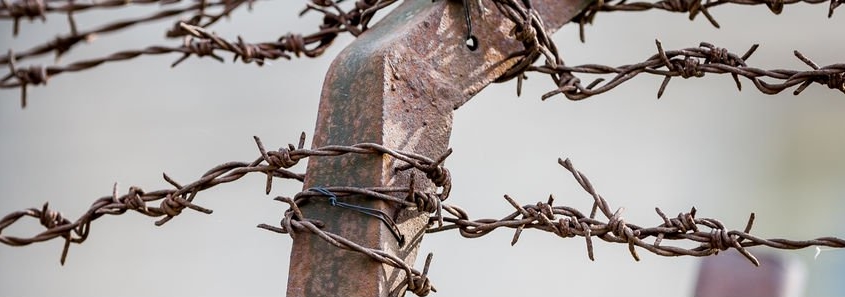Russia Says it Will Soon Begin Blocking Major VPNs

When it comes to site-blocking, Russia is one of the most aggressive countries in the world.
Thousands of pirate sites are blocked on copyright grounds while others are restricted for containing various types of “banned information”, such as extremist material.
The domains of these platforms are contained in a national blacklist. Service providers of many types are required to interface with this database, in order to block sites from being accessible via their systems. This includes VPN providers, particular those that ordinarily provide censorship workarounds.
Back in March, telecoms watchdog Roscomnadzor wrote to ten major VPN providers – NordVPN, ExpressVPN, TorGuard, IPVanish, VPN Unlimited, VyprVPN, Kaspersky Secure Connection, HideMyAss!, Hola VPN, and OpenVPN – ordering them to connect to the database. Many did not want to play ball.
NordVPN, for example, flat-out refused to comply, stating that doing so would violate service agreements made with its customers. IPVanish also rejected any censorship, as did VPN Unlimited, VyprVPN and OpenVPN.
The VPN services in question were given a limited time to respond (30 days) but according to Roscomnadzor, most are digging in their heels. In fact, of the companies contacted with the demands, only one has agreed to the watchdog’s terms.
“We sent out ten notifications to VPNs. Only one of them – Kaspersky Secure Connection – connected to the registry,” Roscomnadzor chief Alexander Zharov informs Interfax.
“All the others did not answer, moreover, they wrote on their websites that they would not comply with Russian law. And the law says unequivocally if the company refuses to comply with the law – it should be blocked.”
And it appears that Roscomnadzor is prepared to carry through with its threat. When questioned on the timeline for blocking, Zharov said that the matter could be closed within a month.
If that happens, the non-compliant providers will themselves be placed on the country’s blacklist (known locally as FGIS), meaning that local ISPs will have to prevent their users from accessing them. It is not yet clear whether that means their web presences, their VPN servers, or both.
In the case of the latter, it’s currently unclear whether there will be a battle or not. TorGuard has already pulled its servers out of Russia and ExpressVPN currently lists no servers in the country. The same is true for OpenVPN although VyprVPN still lists servers in Moscow, as does HideMyAss.
Even if Roscomnadzor is successful in blocking any or all of the non-compliant services, there are still dozens more to choose from, a fact acknowledged by Zharov.
“These ten VPNs do not exhaust the entire list of proxy programs available to our citizens. I don’t think there will be a tragedy if they are blocked, although I feel very sorry about it,” Zharov concludes.
Source: TF, for the latest info on copyright, file-sharing, torrent sites and more. We also have VPN reviews, discounts, offers and coupons.



Leave a Reply
Want to join the discussion?Feel free to contribute!